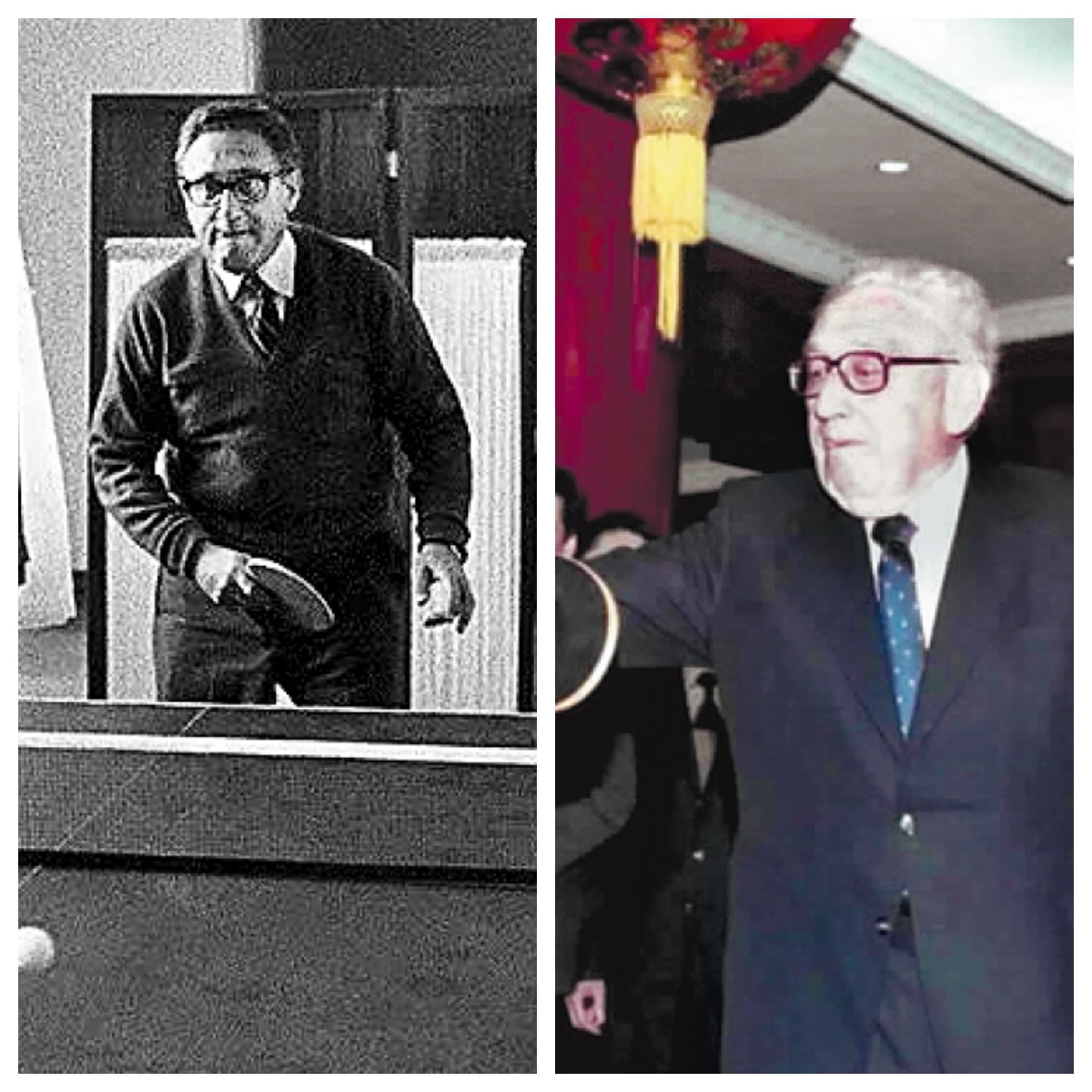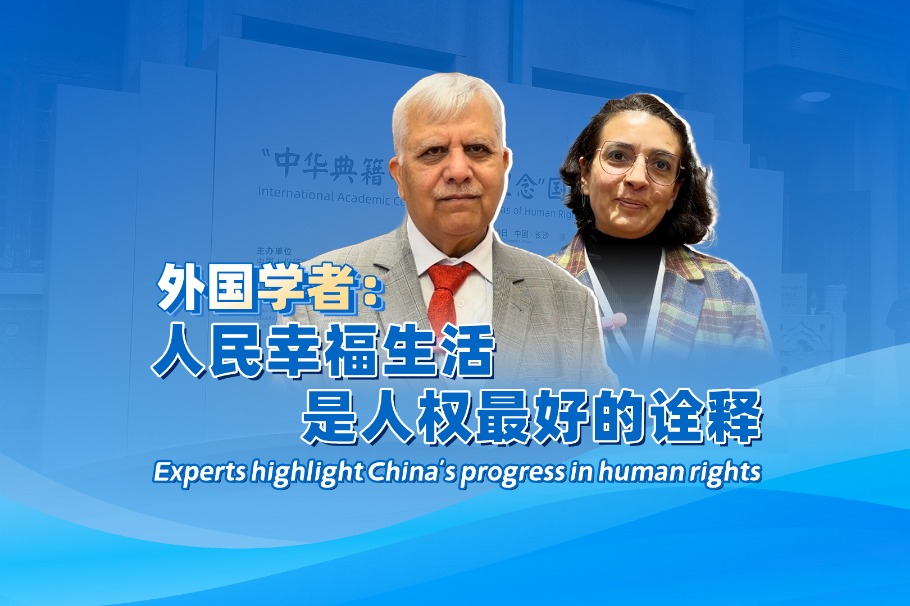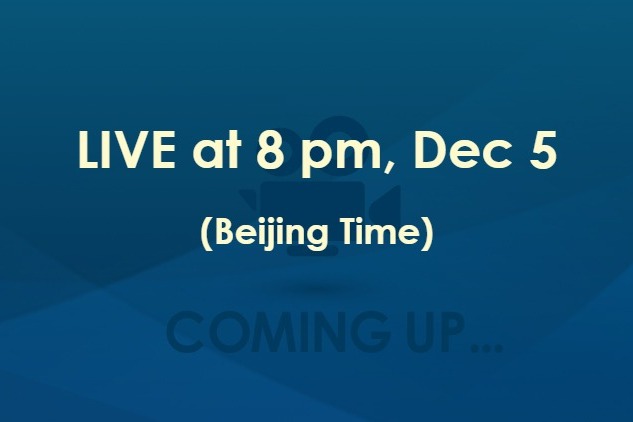The life and times of Dr K the conciliator
As a young man, he was exposed to the ravages of tyranny and war, and he would later champion the cause of bringing two nations together
By ZHAO XU in New York | China Daily Global | Updated: 2024-01-26 10:33

For Lord, the traumatic experience was sobering enough to allow Kissinger to stay cool-headed in the rhetoric-fueled years of the Cold War. "Kissinger is a mix of an American immigrant's sense of optimism with a European sense of tragedy. He understood that America is very fortunate to have got two oceans, friendly borders and abundant resources, but he was aware of the limits of what she can achieve. Knowing that history would rein in the expectations of any country, he tended to be more muted about our possibilities."
In Germany in 1945 Sergeant Kissinger had "one of the most horrifying experiences" of his life when his division stumbled upon a concentration camp at Ahlem, northwestern Germany.
"That is humanity in the 20th century," Kissinger lamented in an article, after being told by one of his fellow soldiers that he had to kick emaciated bodies to determine who was alive and who was dead. "People reach such a stupor of suffering that life and death, animation or immobility can't be differentiated anymore," Kissinger wrote.
The writing was cited in the 2015 book Kissinger 1923-1968: The Idealist by Niall Ferguson, who recounted in the preface "my introduction to the diplomacy of Henry Kissinger", after he said he had turned down a proposal by the former diplomat for him to pen his biography.
"What a pity! I received your letter just as I was hunting for your telephone number to tell you of the discovery of files I thought had been lost: 145 boxes which had been placed in a repository in Connecticut by a groundskeeper who has since died. These contain all my files."
A few weeks later Ferguson was in Kent, Connecticut, "turning pages" and immersing himself in Kissinger's previously closed private papers, personal correspondence and academic writings from Harvard, where he stayed between 1947 and 1971, as a student and later as a professor.
"One of the first things that struck me is that he didn't seem to have the right bibliography for a realist thinker," said Ferguson, who would assert in his book that "the idea of Kissinger as the ruthless arch-realist is based on a profound misunderstanding".
One of Kissinger's writings the author had in mind was his undergraduate thesis The Meaning Of History. Its 383 pages not only offered a taste of the intellectual brilliance that would later allow Kissinger to engage some of the world's brightest minds, but is also the longest-ever thesis written by a Harvard senior. Indeed it prompted the college to come up with "the Kissinger rule" limiting all such endeavors from its undergraduate students to about one-third of that length.
'Noblest goal'
"Peace is therefore the noblest goal of human endeavor, the affirmation of the ultimacy of man's moral personality," Kissinger wrote in The Meaning of History, referring to his study of Immanuel Kant, the man "who has influenced me the most".
In his 1795 essay Perpetual Peace: A Philosophical Sketch, now considered a classical source of modern idealism in international relations, the German philosopher takes up the question of whether perpetual peace is the preserve of men in their graves.
Answering in the negative, Kant elaborates on the conditions necessary for the establishment of perpetual peace among nations, arguing that statesmen have a moral obligation to seek those conditions. For Kissinger, who entered the political realm as a nuclear strategist and consultant to president John F. Kennedy, the answer could also be a catastrophic yes, "invited by our shortsightedness".
A day after Kissinger became US secretary of state he told the United Nations General Assembly on Sept 24, 1973: "Two centuries ago the philosopher Kant predicted that perpetual peace would come eventually. …What seemed utopian then looms as tomorrow's reality."
























